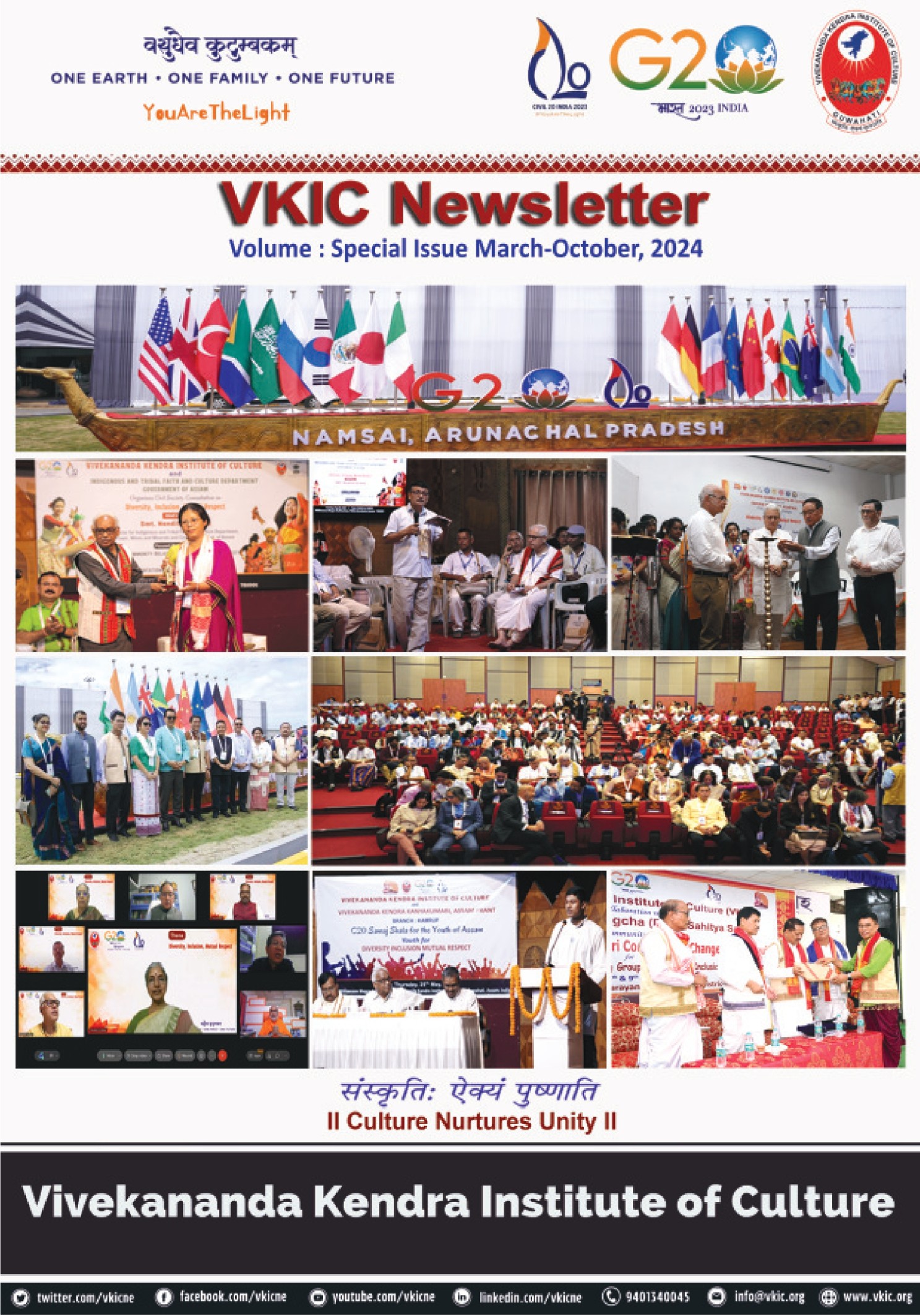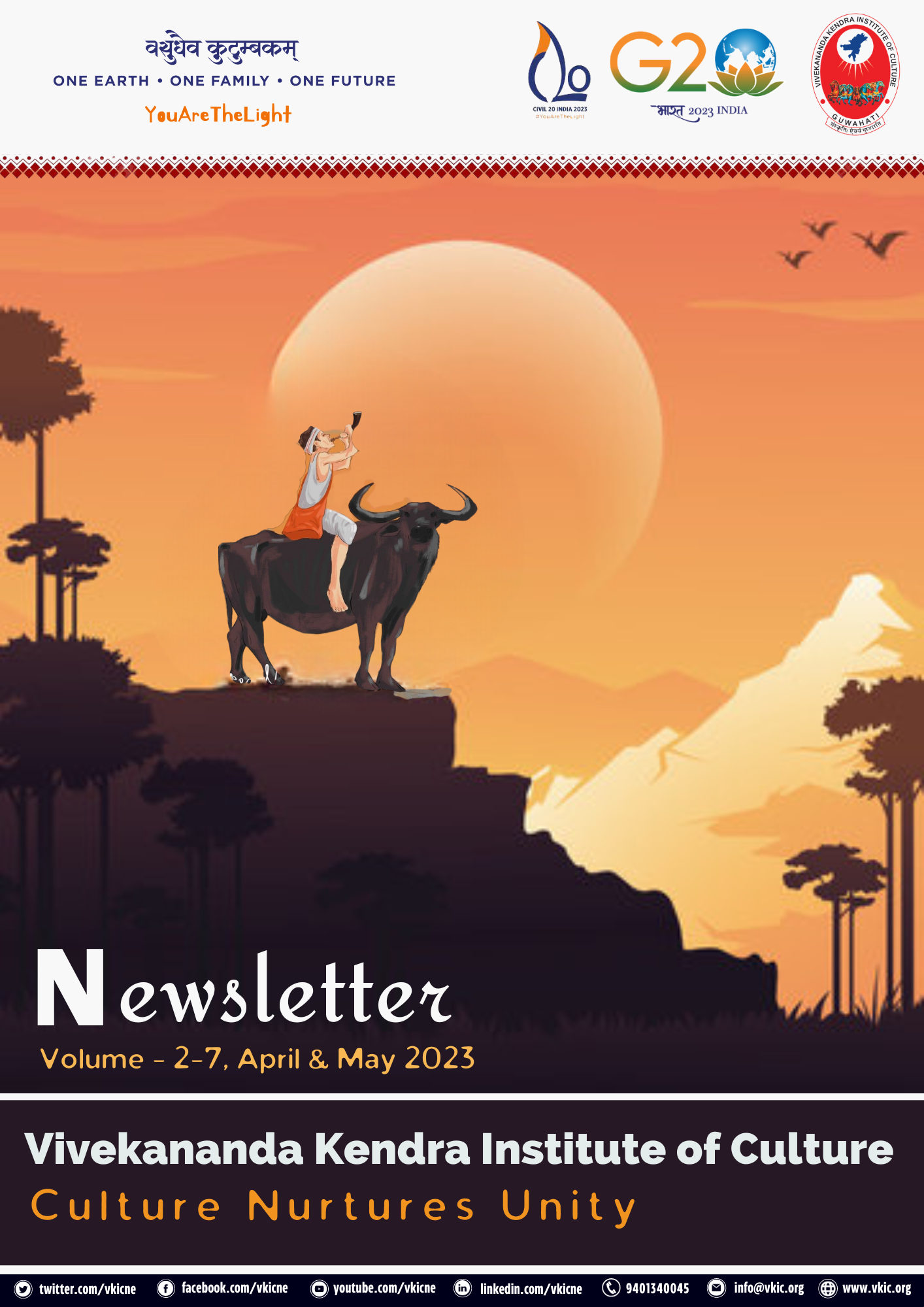Community participation with support from NGOs and the forest department has triggered successful conservation efforts, as witnessed in many ecologically sensitive areas across the world. In parts of North East India also, local community involvement has enabled the scripting of positive environmental stories, according to Dr Biphuti Prasad Lahkar.
Speaking on the topic ‘Contribution of Local Communities to Conservation,’ in a Sanskriti Anveshak lecture of the Vivekananda Kendra Institute of Culture (VKIC) here recently, Dr Lahkar pointed to protected areas in western Assam in particular and revealed how tribal communities are now helping preserve the Manas National Park and neighbouring reserve forests.
“Once a community identifies with a forest, and realises its value for them, they make efforts to protect the flora and fauna therein,” he said.
It is, however, a challenge to motivate the communities to do that. It may take years before local people become aware about their dependence on a forest, before they can comprehend the ecosystem services they receive from a land or water body.
Dr Lahkar, who has been working in the Manas landscape for Aaranyak for close to two decades, first stepped inside Manas to carry out research work for his PhD on the grassland ecosystem of the national park. Gradually, he came to understand the need for its protection, for which he realised that community involvement was imperative.
Manas was devastated during a violent phase in which armed extremists carried out massive tree felling inside the park, decimating vegetation that had evolved over hundreds of years. Rampant poaching obliterated the tiger and rhino population. forest department infrastructure was burnt down.
In its aftermath, the young zoologist faced difficulties in building ties with members of the local Bodo community. He started interacting with some of the youths, who he trained in wildlife observation. The boys, in time, became fully equipped to act as guides to visitors and researchers. Some of them were encouraged to form an ecotourism society, a first for Manas National Park.
Dr Lahkar and his team have been doing capacity building for local communities in dozens of venues around the National Park.
Referring to the present environmental situation in Assam and the rest of the North East, Dr Lahkar said much remains to be done in areas such as conservation of sacred groves, preservation of seeds, watershed conservation, rescue and rehabilitation, and solid waste management, among others. These issues could also be better addressed with the collaboration of government agencies, NGOs and local communities, he added.


